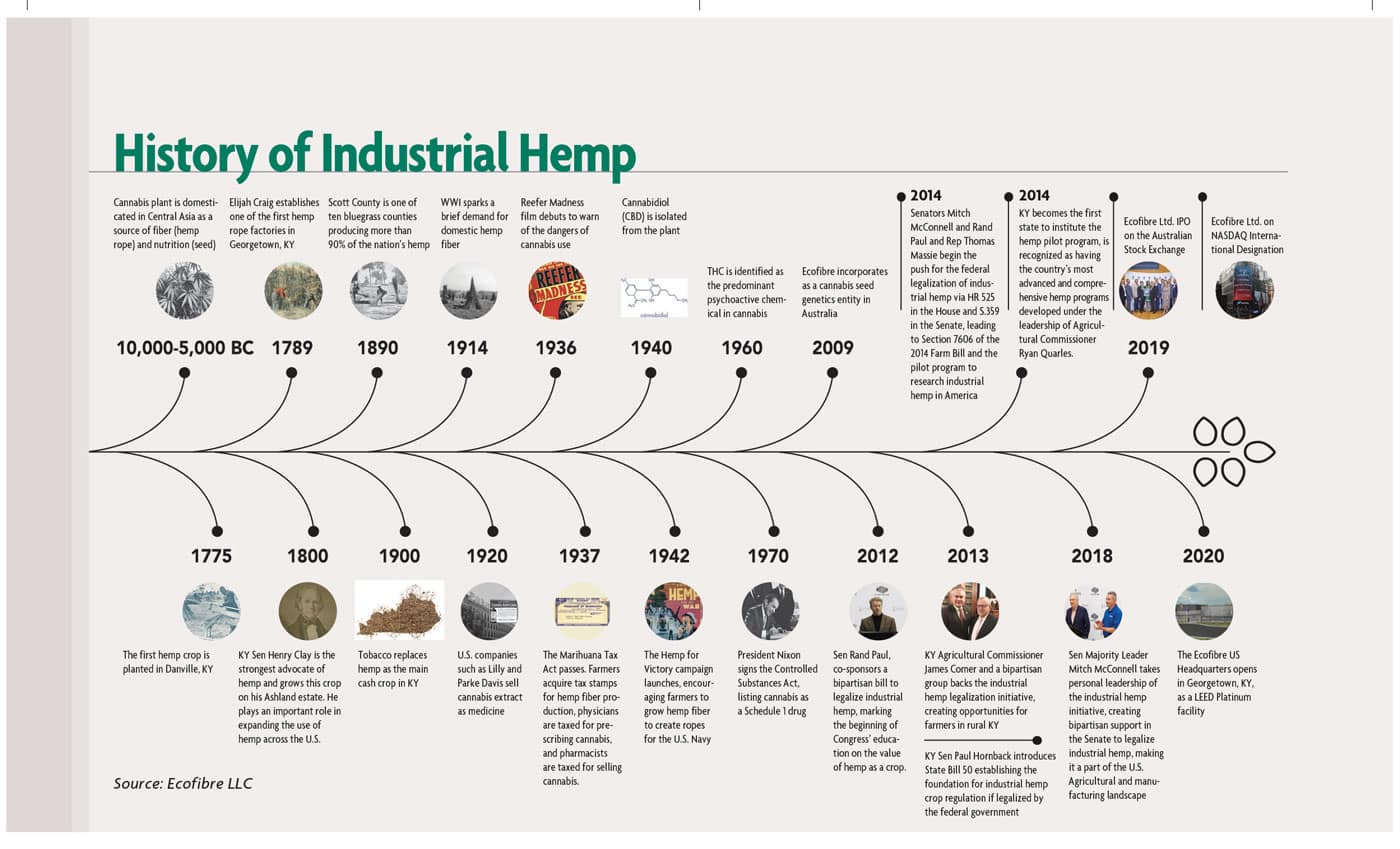Are you curious about how governments and regulatory bodies play a role in the hemp clothing industry? Well, you’ve come to the right place! In this article, we will explore the various ways in which the government influences and impacts the growth and development of the hemp clothing industry. From regulations and legislation to funding and support, you’ll discover how these entities are actively shaping the future of this sustainable and versatile industry. So, grab a cup of tea and let’s delve into the intriguing world of the government’s role in the hemp clothing industry!
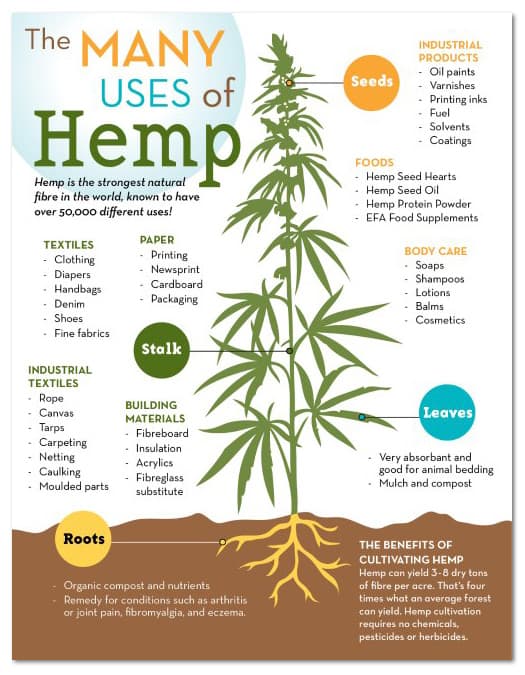
This image is property of www.sympaticoclothing.com.
Regulatory Framework
Licensing and Permitting Requirements
In order to ensure the safety and quality of hemp clothing products, governments have implemented licensing and permitting requirements for manufacturers. These requirements help to ensure that manufacturers meet certain standards and regulations, such as proper manufacturing practices and the use of safe and non-toxic materials. By obtaining the necessary licenses and permits, manufacturers are able to demonstrate their commitment to producing high-quality hemp clothing that adheres to safety standards.
Product Safety Regulations
Governments also play a crucial role in implementing product safety regulations for the hemp clothing industry. These regulations set standards for the safety of hemp clothing products, ensuring that they are free from any harmful substances or materials that could pose a risk to consumers. By enforcing these regulations, governments protect consumers from potential health hazards and promote the overall safety and well-being of the population.
Labeling and Packaging Regulations
In addition to product safety regulations, governments also establish labeling and packaging regulations for the hemp clothing industry. These regulations require manufacturers to provide accurate and informative labeling on their products, including information about the materials used, care instructions, and country of origin. By implementing these regulations, governments enable consumers to make informed purchasing decisions and ensure transparency in the industry.
Import and Export Regulations
Governments also play a role in the import and export of hemp clothing products. Import regulations help to ensure that imported hemp clothing meets the same safety and quality standards as domestically produced products. Export regulations, on the other hand, assist manufacturers in accessing international markets by providing guidance on the necessary documentation and requirements for exporting hemp clothing. Through import and export regulations, governments facilitate both domestic and international trade in the hemp clothing industry.
Research and Development Support
Government Grants and Funding
To encourage innovation and advancements in the hemp clothing industry, governments provide grants and funding opportunities for research and development. These grants enable manufacturers and researchers to explore new technologies, materials, and manufacturing processes that can enhance the quality and performance of hemp clothing products. By offering financial support, governments foster collaboration between industry and research institutions, driving progress and competitiveness in the market.
Partnerships with Research Institutions
Governments often establish partnerships with research institutions to support research and development in the hemp clothing industry. By collaborating with universities, research centers, and other scientific institutions, governments promote knowledge sharing and technological advancements. These partnerships facilitate the exchange of expertise and resources, leading to the development of new and improved hemp clothing products.
Promotion of Innovation and Technology
Governments actively promote innovation and technology in the hemp clothing industry through various initiatives. They may organize innovation competitions, provide technical assistance, or establish innovation hubs dedicated to the development of innovative hemp clothing solutions. By fostering a culture of innovation, governments encourage manufacturers to explore new avenues, improve their processes, and create unique and sustainable hemp clothing products.
Financial Support and Incentives
Tax Incentives for Hemp Clothing Manufacturers
To support the growth of the hemp clothing industry, governments often provide tax incentives to manufacturers. These incentives can include tax credits, deductions, or exemptions that reduce the financial burden on businesses. By offering tax incentives, governments encourage manufacturers to invest in the industry, stimulate economic growth, and create job opportunities.
Low-Interest Loans and Financing Programs
In addition to tax incentives, governments may offer low-interest loans and financing programs specifically tailored for hemp clothing manufacturers. These financial support options help manufacturers access the necessary capital to start or expand their operations. By providing affordable financing, governments ensure that financial constraints do not hinder the growth and development of the hemp clothing industry.
Export Assistance and Trade Promotion
Governments recognize the importance of expanding the market reach for hemp clothing manufacturers and often provide export assistance and trade promotion programs. These programs offer support services such as market research, trade missions, and matchmaking events to connect manufacturers with potential buyers and distributors in foreign markets. By facilitating export opportunities, governments help hemp clothing manufacturers tap into new markets and increase their competitiveness globally.
Industry Standards and Certification
Development and Implementation of Quality Standards
Governments work hand in hand with industry stakeholders to develop and implement quality standards for the hemp clothing industry. These standards outline the requirements for product quality, safety, and performance, and help manufacturers produce consistent and reliable hemp clothing products. By establishing and enforcing these standards, governments ensure that consumers can trust the quality and reliability of hemp clothing in the market.
Certification Programs for Hemp Clothing
To further ensure product quality, governments may establish certification programs for hemp clothing. These programs provide a means for manufacturers to demonstrate that their products meet the established quality standards. By obtaining certification, manufacturers can differentiate their products in the market and build consumer confidence in their brand. Governments play a key role in setting the criteria and overseeing the certification process to maintain the integrity of these programs.
Monitoring and Compliance Enforcement
Governments have the responsibility to monitor and enforce compliance with industry standards and regulations in the hemp clothing sector. They conduct inspections, audits, and tests to ensure that manufacturers adhere to the established quality standards and safety regulations. By enforcing compliance, governments protect consumers from substandard or unsafe products and maintain the integrity of the hemp clothing industry.
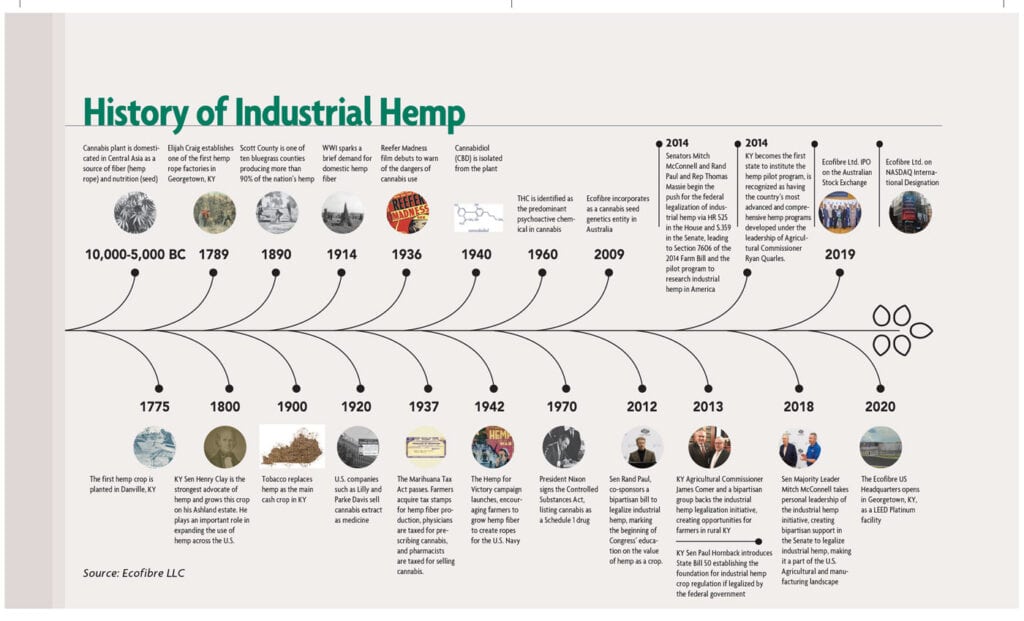
This image is property of wordpress.textileworld.com.
Environmental Regulations
Promotion of Sustainable Practices
Governments recognize the environmental benefits of hemp and promote sustainable practices throughout the hemp clothing industry. They may provide incentives and support for manufacturers to adopt eco-friendly manufacturing processes, such as using organic and biodegradable materials, reducing water and energy consumption, and minimizing waste generation. By encouraging sustainable practices, governments contribute to the preservation of natural resources and the reduction of environmental impact.
Waste Management and Disposal Regulations
To address the issue of waste generated from the hemp clothing manufacturing process, governments establish waste management and disposal regulations. These regulations ensure that manufacturers properly manage and dispose of waste materials, such as fabric scraps and production by-products. By implementing responsible waste management practices, governments contribute to the reduction of environmental pollution and promote a circular economy within the hemp clothing industry.
Reducing Environmental Footprint
Governments actively promote initiatives aimed at reducing the environmental footprint of the hemp clothing industry. This can include supporting research and development of environmentally friendly technologies, encouraging the use of renewable energy sources, and incentivizing the adoption of sustainable supply chain practices. By striving for a reduced environmental impact, governments contribute to the long-term sustainability of the industry and support a greener future.
Education and Awareness
Workshops and Training Programs
Governments organize workshops and training programs to provide manufacturers with the knowledge and skills necessary to excel in the hemp clothing industry. These educational initiatives cover a range of topics, including manufacturing techniques, product development, marketing strategies, and compliance with regulations. By imparting industry-specific knowledge, governments empower manufacturers to optimize their operations and stay competitive in the market.
Information Campaigns
To raise awareness about the benefits of hemp clothing and promote its adoption, governments launch information campaigns targeted at consumers. These campaigns aim to educate the public about the sustainability, durability, and comfort of hemp clothing, as well as its positive impact on the environment. By increasing consumer awareness, governments help create a demand for hemp clothing products, driving market growth and supporting manufacturers.
Publications and Resources
Governments produce publications and resources that provide manufacturers with valuable information about the hemp clothing industry. These resources may include guidelines, best practices, market research reports, and industry statistics. By making such information readily available, governments facilitate knowledge-sharing and equip manufacturers with the necessary tools to make informed decisions and navigate the hemp clothing industry effectively.
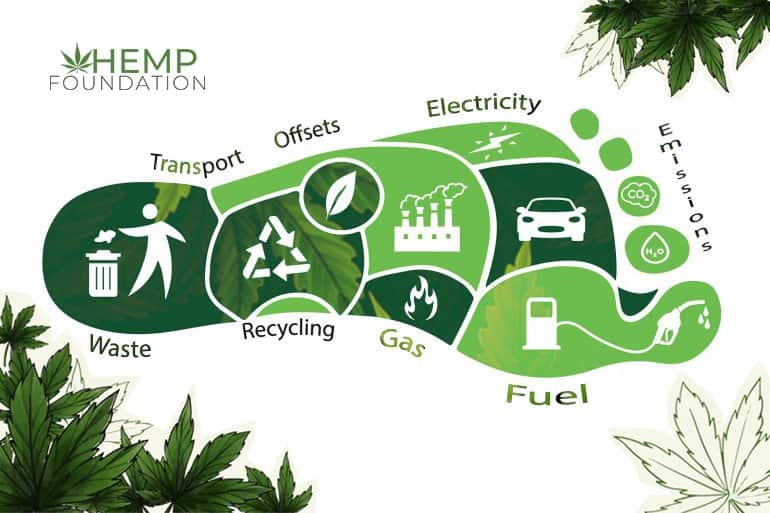
This image is property of hempfoundation.net.
Market Access and Promotion
Tariff Reduction or Elimination for Hemp Clothing
Governments support market access for hemp clothing manufacturers by reducing or eliminating tariffs on imported raw materials and finished products. By lowering trade barriers, governments enable manufacturers to access a wider range of high-quality materials at a competitive cost. Additionally, reduced tariffs on exports encourage international buyers to choose hemp clothing products, boosting market demand and supporting the growth of the industry.
Marketing Support for Domestic and International Markets
Governments provide marketing support to hemp clothing manufacturers, particularly for domestic and international markets. This support may include funding for marketing campaigns, participation in industry events and trade shows, and assistance in developing marketing strategies. By helping manufacturers promote their products effectively, governments contribute to increased market visibility and the expansion of the hemp clothing industry.
Participation in Trade Shows and Exhibitions
Governments encourage hemp clothing manufacturers to participate in trade shows and exhibitions both domestically and internationally. These events provide a platform for manufacturers to showcase their products, establish business connections, and explore new market opportunities. Governments may offer financial assistance or organize collective participation to enable manufacturers, especially small and medium enterprises, to access these important marketing channels and reach a wider audience.
Intellectual Property Protection
Copyrights and Trademarks for Hemp Clothing Designs
Governments play a crucial role in protecting the intellectual property rights of hemp clothing manufacturers. They provide copyright and trademark protection for unique clothing designs, logos, and branding elements developed by manufacturers. By safeguarding these rights, governments ensure that manufacturers can reap the rewards of their creative efforts and prevent unauthorized use or reproduction of their designs.
Patent Protection for Innovative Hemp Products
Innovation is a driving force in the hemp clothing industry, and governments actively protect innovative hemp products through patent protection. Manufacturers can apply for patents to secure exclusivity over their inventions, such as new fabric blends, manufacturing processes, or functional features. By granting patent protection, governments encourage investment in research and innovation, driving progress and differentiation in the industry.
Enforcement of Intellectual Property Rights
Governments have the responsibility to enforce intellectual property rights and combat infringement in the hemp clothing industry. They work closely with law enforcement agencies and provide legal mechanisms and resources to address intellectual property disputes and violations. By ensuring the enforcement of intellectual property rights, governments protect the interests of manufacturers and encourage a culture of innovation and creativity within the industry.
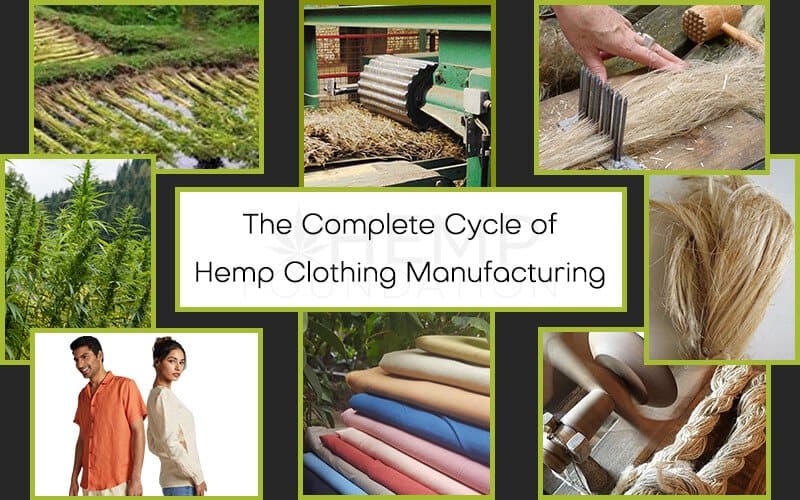
This image is property of hempfoundation.net.
Supply Chain Management
Support for Hemp Farming and Cultivation
Governments provide support to hemp farmers and cultivators, recognizing their essential role in the hemp clothing supply chain. This support can include financial assistance, agricultural extension services, and research and development programs aimed at improving cultivation techniques and increasing hemp yield. By supporting hemp farming, governments help secure a sustainable and reliable supply of hemp for the clothing industry.
Distribution and Logistics Support
Efficient distribution and logistics are crucial to the success of the hemp clothing industry. Governments may provide support to manufacturers in areas such as transportation infrastructure, customs facilitation, and logistics coordination. By ensuring a smooth flow of goods, governments help manufacturers meet customer demands, reduce costs, and enhance competitiveness in both domestic and international markets.
Quality Control and Assurance
Governments play an important role in maintaining quality control and assurance throughout the supply chain of the hemp clothing industry. They establish guidelines and regulations for quality assurance, conduct inspections, and enforce compliance with these standards. By ensuring the consistent quality of hemp clothing products, governments build consumer trust and confidence in the industry, supporting market growth and the sustainability of manufacturers.
Support for Small and Medium Enterprises
Business Incubation and Acceleration Programs
Governments provide support for small and medium enterprises (SMEs) in the hemp clothing industry through business incubation and acceleration programs. These programs offer resources, mentorship, and access to networks that help SMEs overcome challenges and accelerate their growth. By nurturing the development of SMEs, governments promote entrepreneurship, foster innovation, and cultivate a vibrant and diverse hemp clothing industry.
Access to Markets and Financing
Governments facilitate access to markets and financing for SMEs in the hemp clothing industry. They may establish platforms or initiatives that connect SMEs with potential buyers, distributors, and investors. Additionally, governments may provide financial assistance in the form of grants, loans, or subsidies to support the growth and expansion of SMEs. By eliminating barriers and providing resources, governments enable SMEs to thrive and contribute to the overall development of the industry.
Training and Capacity Building
To enhance the capabilities and competitiveness of SMEs in the hemp clothing industry, governments offer training and capacity building programs. These programs equip entrepreneurs and employees with the necessary skills and knowledge to navigate the challenges of the industry, such as manufacturing best practices, marketing strategies, and compliance with regulations. By investing in human capital development, governments empower SMEs to thrive and contribute to the overall growth of the hemp clothing sector.
Through various regulatory, financial, and supportive initiatives, governments actively participate in the development and growth of the hemp clothing industry. By providing a robust regulatory framework, supporting research and innovation, promoting sustainability, and facilitating market access for manufacturers, governments create an enabling environment for the hemp clothing sector to flourish. With their continued commitment and support, governments pave the way for a sustainable, innovative, and competitive future for the hemp clothing industry.

This image is property of hempfoundation.net.
Recent Posts
Discover how bubble hash is rated on a 1 to 6 scale. From texture and color to aroma and potency, learn the key factors that determine the quality of bubble hash. Whether you're a seasoned cannabis...
Looking to learn about the most popular style of hash? This article explores the different types, from traditional to bubble hash, and reveals the people's favorite. Join us on a journey through the...

